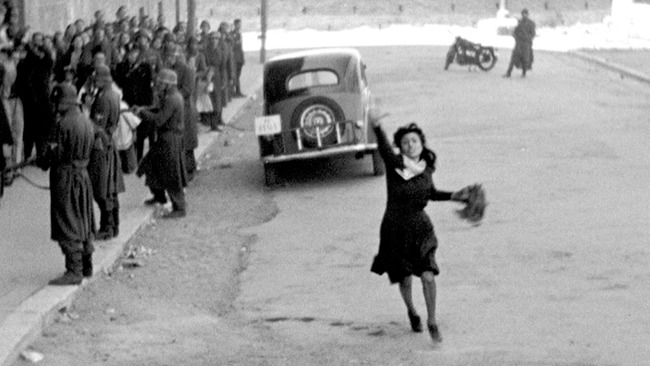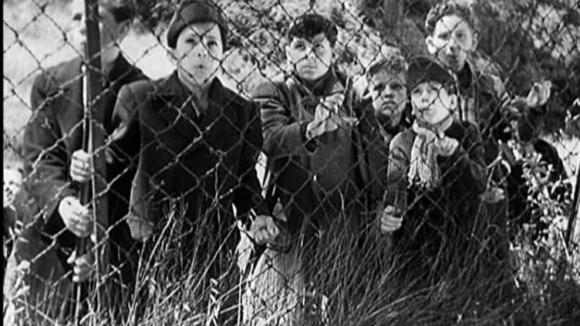Rome, Open City
12AJust a year short of celebrating its eightieth anniversary, Roberto Rossellini’s Rome, Open City is getting a rare outing on the big screen.
It’s the perfect opportunity to catch a prime example of Italian neorealism that erupted on the streets of Italy at the time.

Please stop, or i'll miss the Take That gig!
Rome, 1944, and the Nazis continue to occupy the city. Going by the name of Giorgio Manfredi (Marcello Pagliero) is Luigi Ferrarris, a member of the resistance who is pretending to be an engineer.
The Nazis however, are on to him, and doing what they can to bring him out into the open, as a way of making him an example to the resistance.
Luigi hides out in the home of a fellow resistance fighter, but in doing so, he puts not only him in danger, but everyone in the building, and further afield, including members of the church.

I'm telling you, it looks like it's going to penalties.
Although often cited as classic neorealism, Roberto Rossellini’s film often feels like it has more in common with a 1940’s US war film, heavy on the melodrama. Its narrative is certainly heightened, and many of the performances steer closer to classic Hollywood drama than that of the more natural approach that can be often found in the genre.
Although many scenes were shot on the streets of Rome, there are many interior locales that look and feel as staged as can be.
What has to be remembered however is how close in time Rossellini shot this film, with not only the city looking much the way it was left, but emotions still raw from the events that took place. So in that sense, the film is, and still remains, a remarkable snapshot in history, which is why it was included in the Italian Ministry of Cultural Heritage’s 100 Italian films to be saved list, in 2008.
Nearly eighty years on and the film is just as powerful now as it was then, even though the drama is far from nuanced, and for our money not the best example of the genre - The Bicycle Thief will always be our Euro – but there’s no denying that Rossellini’s film captures a mood of a generation.
